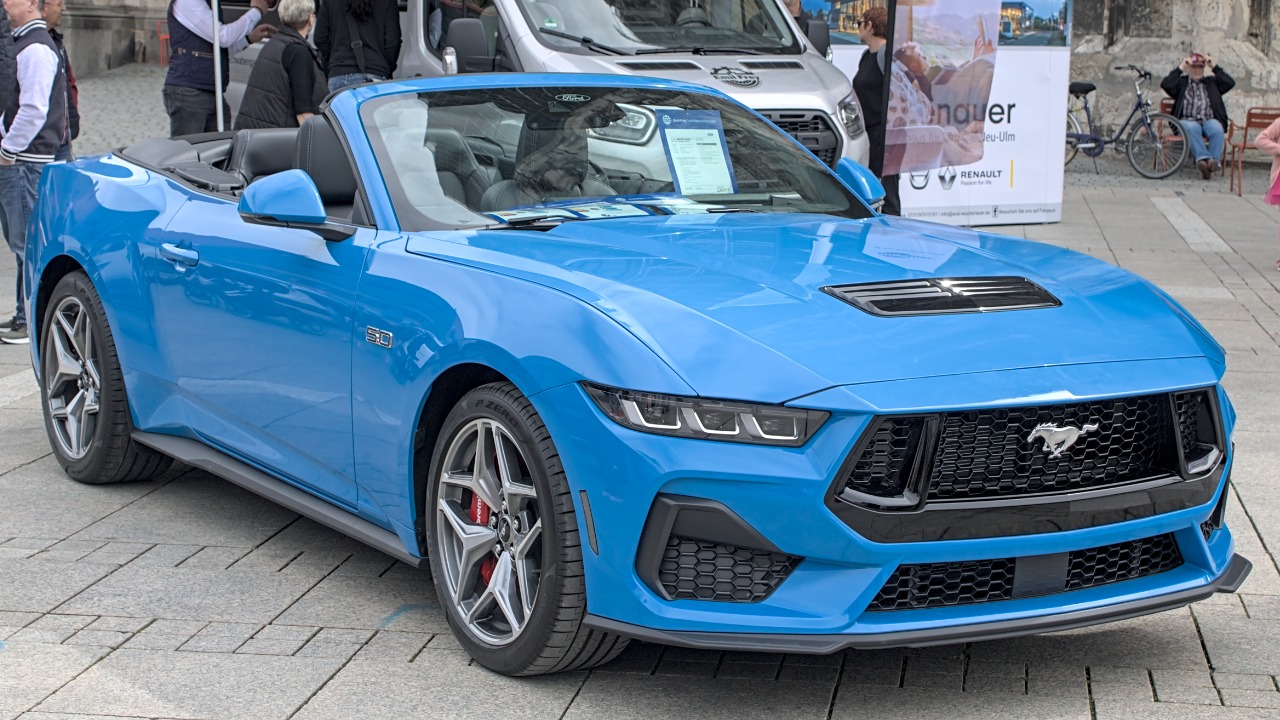
Automakers such as Ford and Chevrolet have been recycling legacy model names like Mustang and Camaro in ways that often baffle both car enthusiasts and potential buyers. This trend, which sees names originally associated with muscle cars now being applied to electric SUVs, is a result of a blend of marketing strategies and corporate decisions that favor nostalgia over logical consistency.
The Legacy of Iconic Car Names
Classic car names like Mustang, which was first introduced in 1964, carry with them a sense of automotive history that is hard to ignore. These names evoke powerful imagery and emotions that automakers are keen to capitalize on. The revival of Chevrolet’s Camaro in the 2000s is a prime example of how reusing names can help bridge generational gaps in brand loyalty, connecting older fans with newer models. This trend of recycling names is not new and can be traced back to specific eras like the 1960s pony car boom, as explored in this recent analysis.
Marketing Pressures Driving Name Reuse
Marketing pressures also play a significant role in the recycling of car names. With limited budgets, brands often find it more cost-effective to leverage existing nameplates rather than inventing new ones. Industry estimates suggest that this strategy can reduce advertising costs by up to 30%. Ford’s decision to apply the Mustang name to an SUV variant is a clear demonstration of how familiarity can boost sales in competitive markets. Global firms like Toyota also recycle names like Corolla across unrelated body styles, as detailed in this report on corporate strategies.
Consumer Confusion from Mismatched Identities
However, this practice of name recycling often leads to consumer confusion and backlash, especially when electric models inherit names from the combustion-era. The proposed Mustang Mach-E is a case in point, with online petitions garnering thousands of signatures from disgruntled fans. Surveys show that 40% of buyers feel disconnected from these “new” versions, suggesting that this mismatch dilutes brand heritage. Other brands like Dodge have also faced criticism for nonsensical applications of legacy names, such as reviving the Challenger name for crossovers, as highlighted in these specific cases.
Legal and Trademark Considerations
Legal and trademark considerations also influence the recycling of car names. Trademarks on names like Bronco, held by Ford since 1966, expire if not used, compelling automakers to periodically revive these names to maintain legal protections. International challenges also arise, with names like Accord facing translation issues in markets like China, forcing adaptations that further scramble original meanings. This insightful piece explains how these considerations prevent competitors from claiming unused legacy terms.
Evolution in the Electric Vehicle Era
The transition to electric vehicles (EVs) has amplified the nonsensical recycling of car names. Names like Silverado, which have rural, gas-guzzler roots, are now being used for battery-powered trucks. Emerging patterns suggest that this trend is set to continue, with Hyundai reusing the Sonata name for hybrids. As the EV market becomes increasingly saturated, automakers are betting on nostalgia to differentiate their offerings, as highlighted in these recent examples from 2025.
Industry Expert Perspectives
Industry experts offer differing perspectives on this trend. Some automotive analysts argue that name recycling sustains dealer networks by invoking trust in unfamiliar segments. However, some designers advocate for fresh names to reflect innovation, citing failed relaunches like the PT Cruiser sequel attempts as cautionary tales. Balancing tradition with modernity in naming conventions is a complex task, as discussed in this expert commentary.
More from MorningOverview